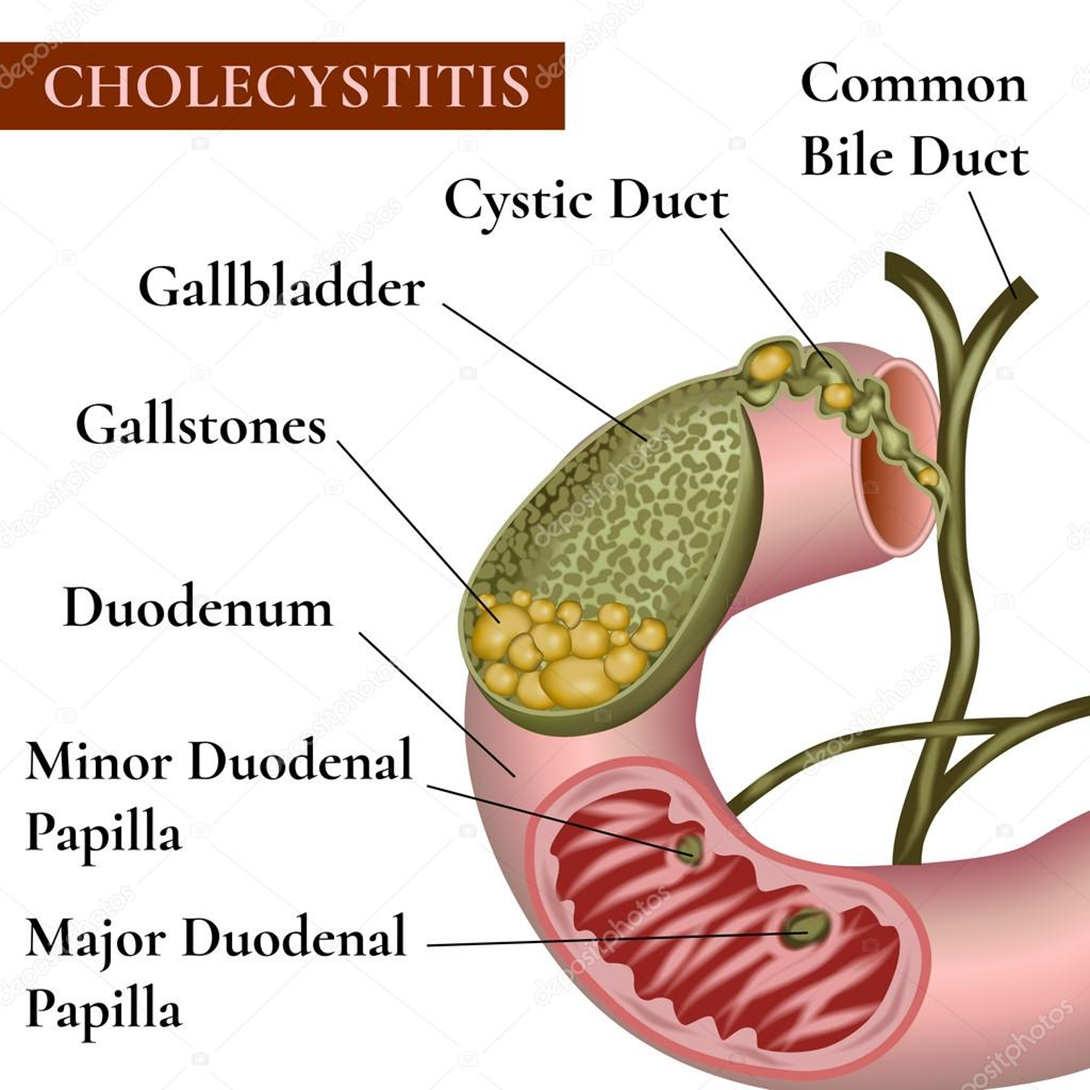A nurse in the emergency room is assessing a patient who was brought in following a seizure. The nurse suspects the patient may have bacterial meningitis when assessment findings include nuchal rigidity and a petechial rash. After implementing droplet precautions, which of the following actions should the nurse initiate next?
Assess the cranial nerves.
Decrease environmental stimuli.
Close the room.
Administer an antipyretic.
The Correct Answer is B
Choice A reason: Assessing the cranial nerves is important, but it is not the immediate next step after implementing droplet precautions for suspected bacterial meningitis.
Choice B reason: Decreasing environmental stimuli can help reduce the risk of seizures and is a supportive measure for a patient with suspected bacterial meningitis.
Choice C reason: Closing the room is part of implementing droplet precautions but is not an action that needs to be initiated by the nurse as it should already be in place.
Choice D reason: Administering an antipyretic may be necessary if the patient has a fever, but it is not the immediate next action after droplet precautions.
Nursing Test Bank
Naxlex Comprehensive Predictor Exams
Related Questions
Correct Answer is B
Explanation
Choice A reason: The normal range for serum creatinine is indeed 0.6 to 1.2 mg/dL for males and 0.5 to 1.1 mg/dL for females. Serum creatinine is a waste product from the normal breakdown of muscle tissue. As kidneys become impaired for any reason, the serum creatinine level rises due to poor clearance by the kidneys.
Choice B reason: A GFR below 60 mL/min/1.73 m for three months or more is one of the criteria for the diagnosis of chronic kidney disease. GFR is a measure of how well the kidneys filter blood, and a lower GFR indicates poorer kidney function.
Choice C reason: Blood urea nitrogen (BUN) levels should indeed be between 7 and 20 mg/dL. BUN measures the amount of nitrogen in your blood that comes from the waste product urea. Urea is made when protein is broken down in your body. BUN levels can rise with the level of protein in your diet and your kidney function[^10^].
Choice D reason: An increase in serum potassium can indicate hyperkalemia, which may be a sign of acute kidney injury. Potassium is a critical electrolyte, and its levels are tightly regulated by the kidneys. High levels can lead to dangerous heart rhythms.
Correct Answer is B
Explanation
Choice A reason: This choice is incorrect because an oral cholangiogram does not involve putting a camera down the throat. That procedure is more akin to an endoscopy.
Choice B reason: This statement is correct. An oral cholangiogram involves taking an Xray examination of the gallbladder after the patient has taken an iodine based contrast agent orally. The procedure is used to diagnose problems related to the gallbladder, such as gallstones or issues with bile flow.
Choice C reason: This choice is incorrect because an oral cholangiogram does not involve putting medication into the gallbladder to dissolve stones. That description is more consistent with nonsurgical treatments for gallstones, such as oral bile acid pills.
Choice D reason: This choice is incorrect as it describes a different procedure known as extracorporeal shock wave lithotripsy (ESWL), which uses shock waves to break up gallstones.

Whether you are a student looking to ace your exams or a practicing nurse seeking to enhance your expertise , our nursing education contents will empower you with the confidence and competence to make a difference in the lives of patients and become a respected leader in the healthcare field.
Visit Naxlex, invest in your future and unlock endless possibilities with our unparalleled nursing education contents today
Report Wrong Answer on the Current Question
Do you disagree with the answer? If yes, what is your expected answer? Explain.
Kindly be descriptive with the issue you are facing.
